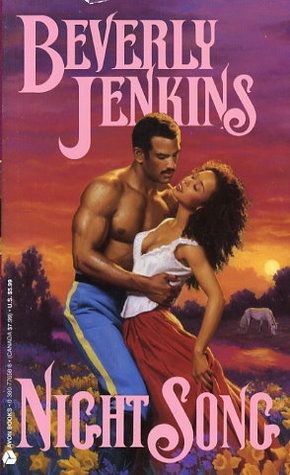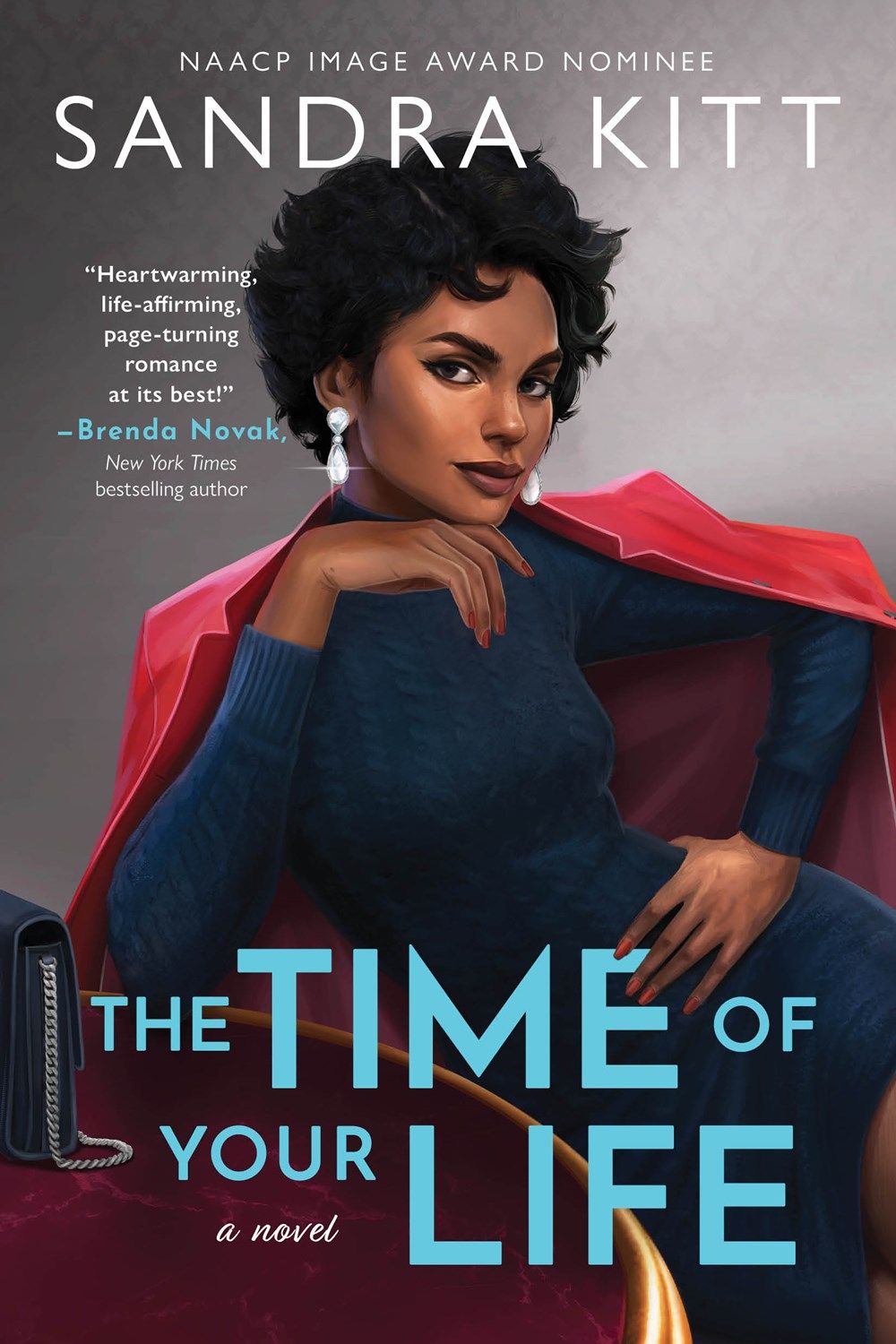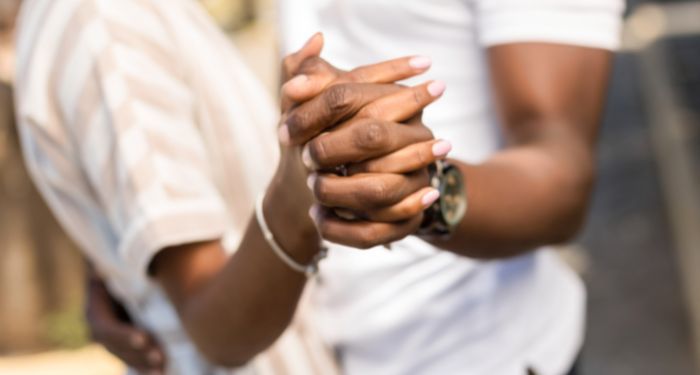Back at the end of October, I attended an event called The RRAW Experience — in which the RRAW stood for Romance Readers And Writers (I love a good double entendre!). It was a day-and-a-half affair including author panels, workshops, fun and games, and a closing gala awarding some of the legends of romance. It was coordinated by a Black woman who runs a website and YouTube channel focused on romance by authors of all races and ethnicities, Brown Book Series, and the attendees were mostly Black women. Since it was the first time out, there were definitely improvements that could be made, but it was a delightful weekend all around.
The biggest draw for me, besides it giving me an excuse to travel three-quarters of the way across the country and hang out with my mom for a bit, was the number of familiar and absolutely legendary names listed to be in attendance. Romance events always have a few big names and a larger number of lesser-known folks, just because romance is such a huge genre and authors make decisions based on location, cost, theme, etc. But that wasn’t the case this time around. Even the draw of two particular names might have gotten me there: Beverly Jenkins and Brenda Jackson, two of the most highly regarded and continuously popular Black authors in romance, and two of the most delightful people to hear tell their stories. (Did you know that in high school, Brenda Jackson used to write stories on lined paper and pass them around to her friends?)
But then there were more names, and more, and more, and I knew I had to be there.
And boy, am I glad I went.
Not only was it great to be in a Black space, where certain norms were expected and language was understood, but it was a magnificent reminder of the vast history that romance centering Black people and Black stories has been around for a long ass time.
In the first of what is hopefully going to be a regular thing, six authors were honored at the event’s closing activity: The Legends Ball.

Beverly Jenkins published her first historical romance, Night Song, in 1994, and has gone on to write not only incredible and incredibly well-researched historical romances centering Black couples, but romantic suspense and contemporary commercial fiction, too.
Brenda Jackson is in line to have published 150 romances by 2025. Since her first book, Tonight and Forever, was published in 1995, she has been writing love stories of all kinds, including the legendary Westmoreland series.
Rochelle Alers’s first novel, Careless Whispers, was published in 1988, and she continues to publish books with Harlequin, Forever, and other publishers.
Celeste O. Norfleet published Priceless Gift in 2002 (how was that twenty years ago?!) and wrote extensively for Harlequin Arabesque, Harlequin Kimani, and Kimani Tru. More recently, since the distribution of Kimani authors into other Harlequin lines, she’s explored other writing avenues, including historical fiction.
Shirley Hailstock’s first novel, Under the Sheets, was published in 1995, and she went on to publish several books with Harlequin and Kensington.

And Sandra Kitt, who was unfortunately unable to make it to RRAW, was the first to receive a lifetime achievement award. With Adam and Eva in 1984, Sandra Kitt paved the way for her fellow Black romance authors, and she’s still going on strong! I’m particularly excited for her upcoming book The Time of Your Life, which comes out in April of 2023.
These amazing women are all part of a huge culture of Black authors writing love stories focused on Black couples that has been around for almost 40 years. Black romance has been a thing since before I was alive. So every time I hear someone reference a brand new author as a paragon of Black romance — instead of perhaps someone who helped bring Blackness into the mainstream — I think of these women. I think of Black couples on covers with a red band across the top that indicated they’d have a guaranteed happy ending. Whenever I see Black readers on social media who have only just made their way into our corner, I hope they’re reading backwards as well as forward. Sure, some of these books can be quite dated. They might have sentiments and language that are a thing of their time, and not ours. But they’re our foundation.
Though of course, Beverly Jenkins would tell you we’ve been around since Iola Leroy in 1892.
So read that one, too.
Anyway.
In the world of books in the U.S., there has always been a segregation issue. We’ve seen bookstores and libraries section off African American Literature for decades, and essentially anything with Black people on the cover or that is clearly by and about Black people is plopped in there. (I always think of that photo I saw a while ago of Fahrenheit 451 in the African American section at a Walmart, because Michael B. Jordan was on the cover. At least they tried?) So a segment of society knew where to look for them, but an even larger segment of society didn’t think that books with Black people on the cover were For Them, so they didn’t read them.
As more blogs, social media accounts, and sites like Book Riot(!) have started to encourage, challenge, demand that people read more diversely, the line has been lightened, but not removed. There are still huge communities of Black authors writing for Black readers who aren’t as popular in non-Black spaces. And it might be worthwhile to say that those Black authors don’t particularly care because they are writing for their peers. But in a time where there are more books more widely available than ever, there should be more non-Black people interested in exploring our love stories.
Black romance — in which each and every character falling in love is Black — is so heavily excluded in romance discussions, even as we’re trying to have the discussion about increasing diversity in romance. Sure, there are more authors whose books are coming to the forefront, but that’s still a handful in an industry of hundreds if not thousands of names. There are so many romance authors out there, that sometimes it’s hard to know where to start when you’re looking at branching out into a particular marginalization or systemically excluded group.
So if you’re looking for a Black romance author to try, why not start with the legends, and go from there?
